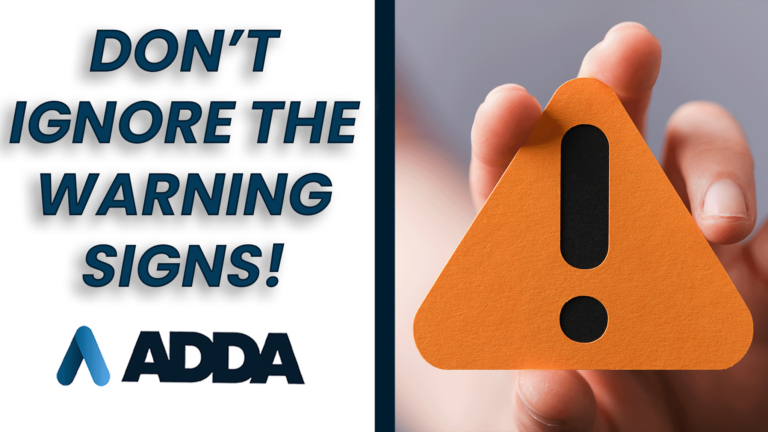Effective employee relations maintain a happy and productive workforce for your company. It’s among the most critical parts of a company’s success, but not every business gives employee relations the strategic consideration it deserves. However, investing more energy in this HR function rewards your employees in and out of the office.
Employee relations experts balance the productivity that employers want and the acknowledgment, appreciation, and safety their employees need. Experienced human resources professionals know that you need a proactive strategy in place, or you’re sure to find yourself cleaning up avoidable messes.
This blog walks you through some core tasks under the employee relations umbrella and methods to measure this function.
What are Employee Relations?
Employee relations encompasses an organization’s efforts to foster positive relationships with its employees. These efforts cover the entire employee life cycle, from ensuring new team members contribute to the company culture to implementing a graceful offboarding process. When done effectively, you can expect a happier, healthier culture comprised of loyal workers.
Your human resources team has two main goals to get that done. First, they prevent problems between employees and management or resolve them when they arise. Second, they create fair policies that everyone from the top down can accept and appreciate.
As the old HR adage goes, “Document everything!” This simple practice will help you as you work to resolve issues, and it may be your saving grace should any lawsuits arise.

Conflict resolution
Conflict resolution is the cornerstone of employee relations, but it can be a real challenge for professionals with less experience handling conflict. Without a delicate but firm hand to guide these encounters, a little friction can quickly turn into outright hostility.
Most of the time, these conflicts result from poor communication and are easily resolved. However, some issues are much more severe, such as harassment or bullying, and you cannot mishandle them. Malicious conflicts can fester into employee absenteeism, low morale, poor company reputation, and even legal disputes.
As such, you’ll want seasoned, confident HR professionals to spearhead the conflict resolution aspect of employee relations. Look to hire a more senior employee, manager, or HR consultant who can step in immediately to keep these issues under control.
Workplace safety
Though not every workplace has a high risk for injury, workplace safety is still a big piece of employee relations. Accidents happen, but when they occur at work, the employer will likely be responsible for covering the cost of any injuries, leave, and lost wages.
It’s impossible to guarantee an accident-free workplace. However, your HR team can implement policies to mitigate incidents and put procedures in place if an injury occurs.
You’ll want an agile team in place that can quickly respond to workplace safety issues as they come up as well. The most relevant recent example of this is the COVID-19 pandemic which left companies scrambling to understand best practices. In addition, now that many employees are returning to the office, you need employee relations professionals who are ready for anything.
Negotiating pay raises
The worst approach management can take is to ignore or quickly dismiss a request for a pay raise. While it’s not feasible to grant every pay increase that comes across your desk, giving them genuine consideration is essential.
When a raise is possible and pertinent, you’ll want to work together to negotiate something that makes everyone happy. If you can’t increase an employee’s pay, explain why that’s not possible at this moment.
Moreover, when possible, lay out a path for growth so they don’t feel stuck. Effective employee relations are often built upon clear pathways for development, so try not to leave these encounters without a plan.
When a salary boost isn’t in the cards at this time for a high performer, explore other outlets such as new perks or rewards. Though perks and rewards will only be a temporary solution, they at least show you value their contributions.
Employee coaching
Like the growth pathways discussed above, employee coaching is an important investment in your staff. Show your employees that you care about their development as much as they do by offering opportunities for upskilling and career growth. Again, for example, if you cannot offer a pay raise for performance reasons, providing coaching proves that you want that employee to reach their goals.
Your company’s HR or people team should be able to provide these options to employees, but if they lack the expertise or time, outsourced options like ADDA are well-equipped to build your employees up.
Measuring employee relations effectiveness
Plenty of other employee interactions and concerns fall under employee relations. However, regardless of the scope of your employee relations work, it’s crucial to be able to measure results. Tools like eNPS surveys that measure employee satisfaction and engagement are helpful for departments looking to understand the state of their employee experience.
Still, departments can track other ongoing metrics to get an idea of how effective their policies and responses are day-to-day. For example, you can set benchmarks for factors like the number of complaints, complaint response time, and the number of recognitions. Then, at a quarterly level, you can analyze your benefits and compensation compared to competitors so that you can remain competitive in the marketplace.
There are numerous possibilities when measuring employee relations, so don’t be afraid to experiment with the metrics that matter to your organization.
Improve employee relations with ADDA!
ADDA consultants immerse themselves in your company to provide employee relations services geared towards your people. Contact us today to learn more about how we can improve your employee relations!










